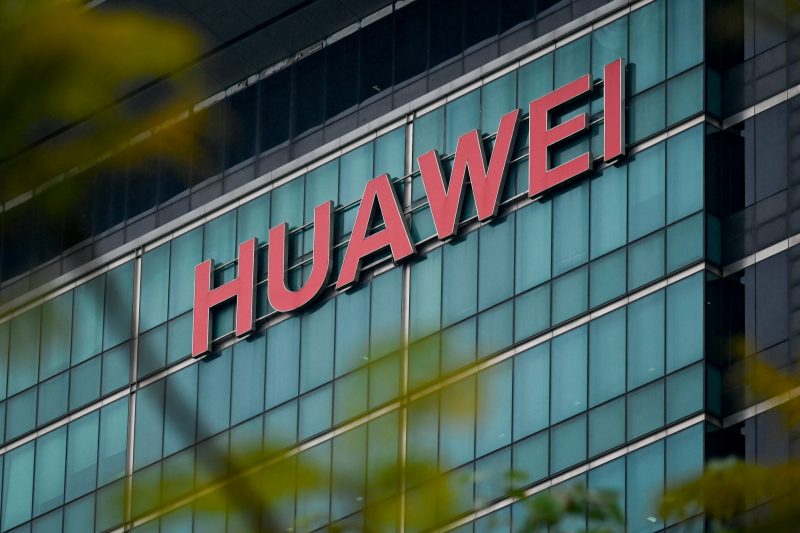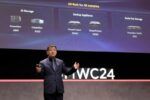If Berlin picks Chinese firm for 5G, NATO will not communicate: US general
Huawei has strenuously denied allegations its equipment could be used for espionage (WANG ZHAO)
Washington (AFP) – NATO forces would stop communicating with their German colleagues if Berlin teams up with Chinese firm Huawei for its super-fast 5G telecom infrastructure, US General Curtis Scaparrotti warned on Wednesday.
“We’re concerned about their telecommunications backbone being compromised in the sense that, particularly with 5G, the bandwidth capability and ability to pull data is incredible,” Scaparrotti, NATO’s Supreme Allied Commander in Europe, told the House Armed Services Committee.
“If it also is inside of their defense communications, then we’re not gonna communicate with them” across those systems, the general said. “And for the military that would be a problem.”
The US and several other Western nations, fearful of the security risks posed by the company closely tied to the Chinese government, have shut Huawei out of tenders for the development of fifth-generation, or 5G, networks.
Those next-generation systems will bring near-instantaneous connectivity that can enable futuristic technologies such as self-driving cars.
Scaparrotti’s comments came during questioning about trade talks in Europe, and Germany in particular, with Chinese telecom groups.
On Monday, The Wall Street Journal reported the US had warned Germany about future “information sharing” if it uses “untrusted vendors” in its 5G infrastructure.
The newspaper said the US Ambassador to Berlin, Richard Grenell, had sent a letter to German Economy Minister Peter Altmaier warning that in such a case, the US could scale down intelligence and other information exchanges.
On Tuesday, German Chancellor Angela Merkel said Berlin would consult Washington over using technology made by Huawei, although “we will define our standards for ourselves.”
Huawei has strenuously denied allegations its equipment could be used for espionage.
The company’s 5G equipment is reputed to be much further advanced than those of rivals Ericsson and Nokia, which has made it attractive for mobile operators looking to quickly roll out new networks.
Along with worries about network security, US prosecutors have charged Huawei and its chief financial officer, Meng Wanzhou, over alleged Iran sanctions violations, and Beijing and Washington are trying to settle a tariff war affecting a wide range of goods.
Disclaimer: This story is published from a syndicated feed. Siliconeer does not assume any liability for the above story. Validity of the above story is for 7 Days from original date of publishing. Content copyright AFP.


